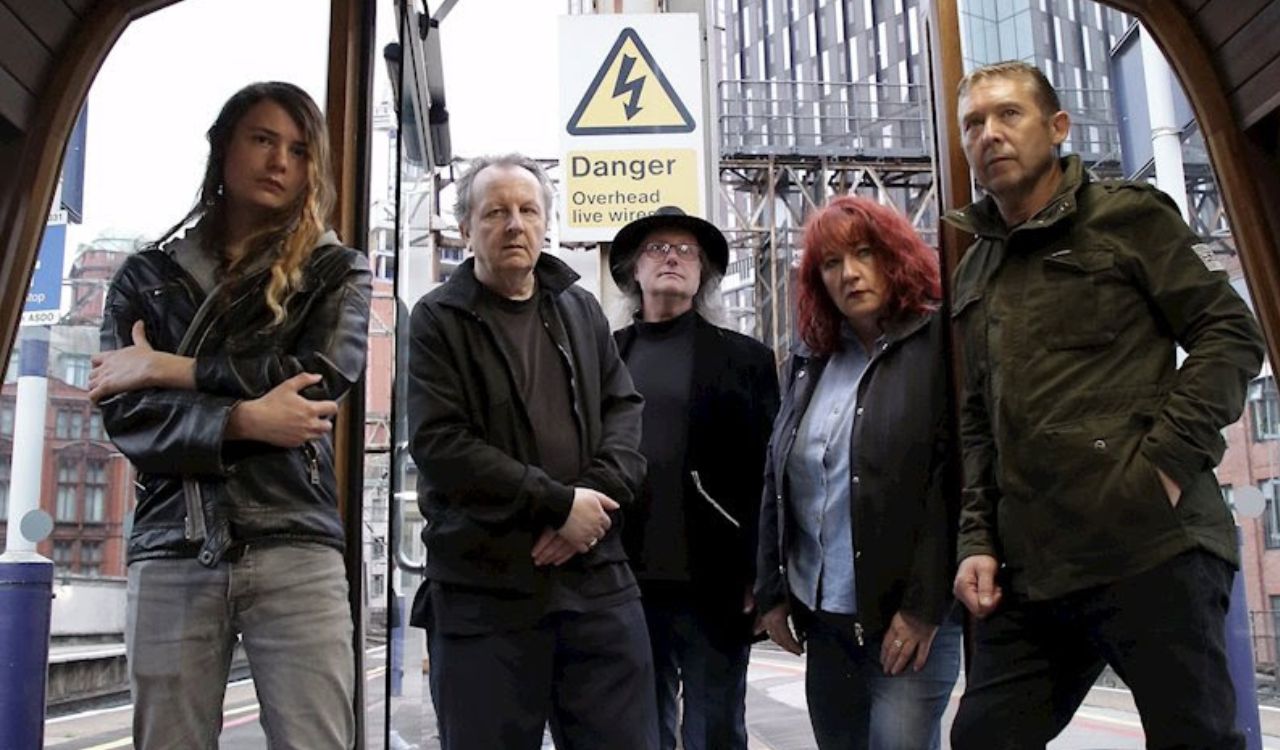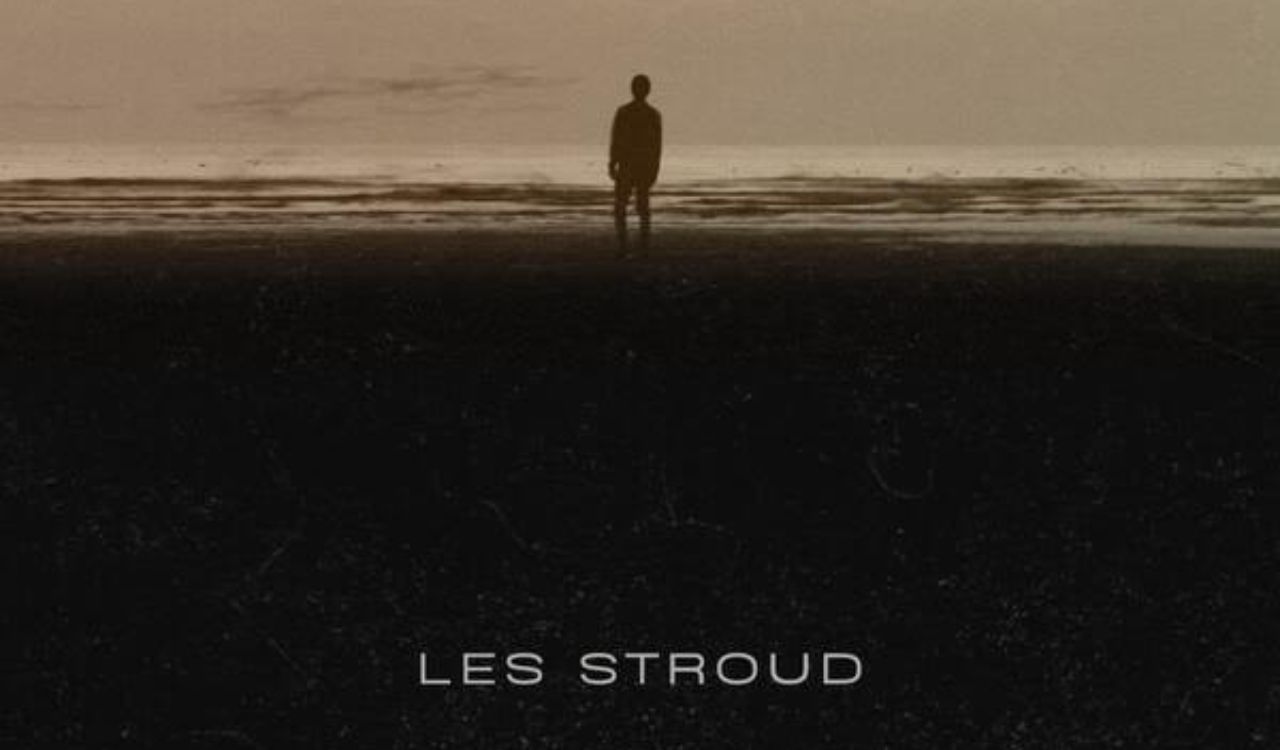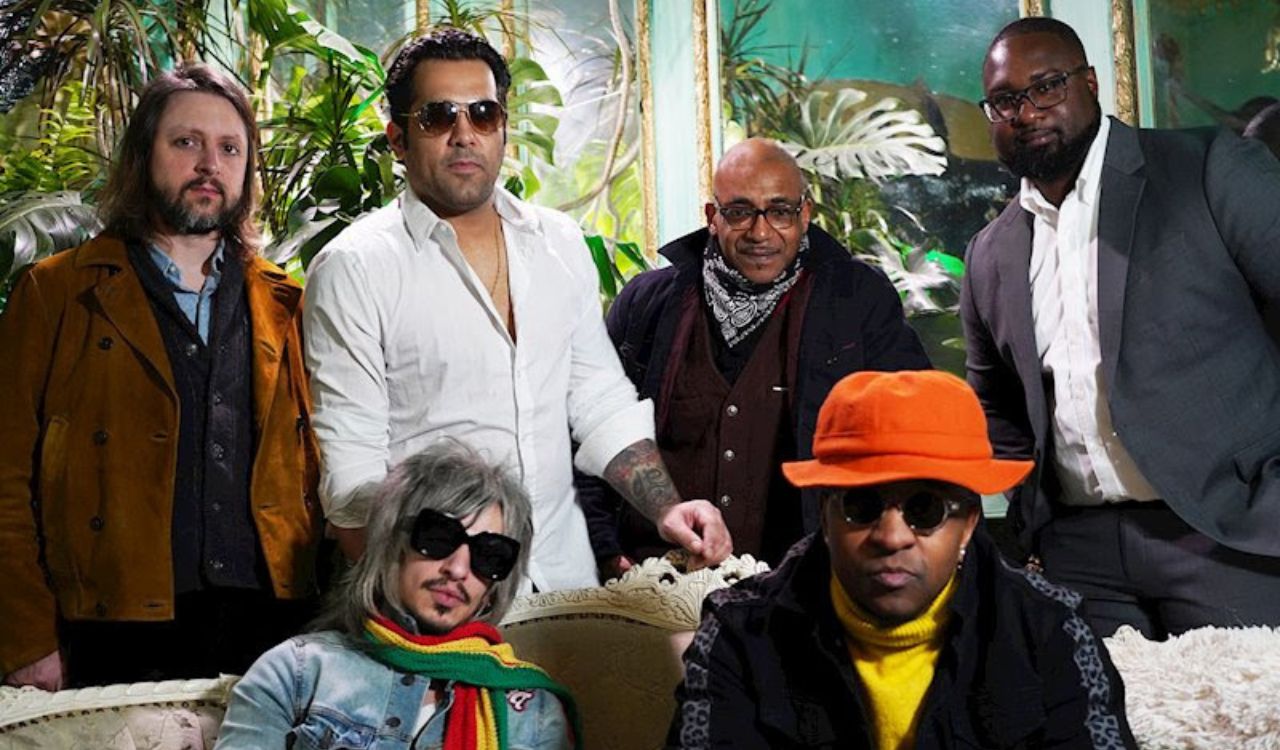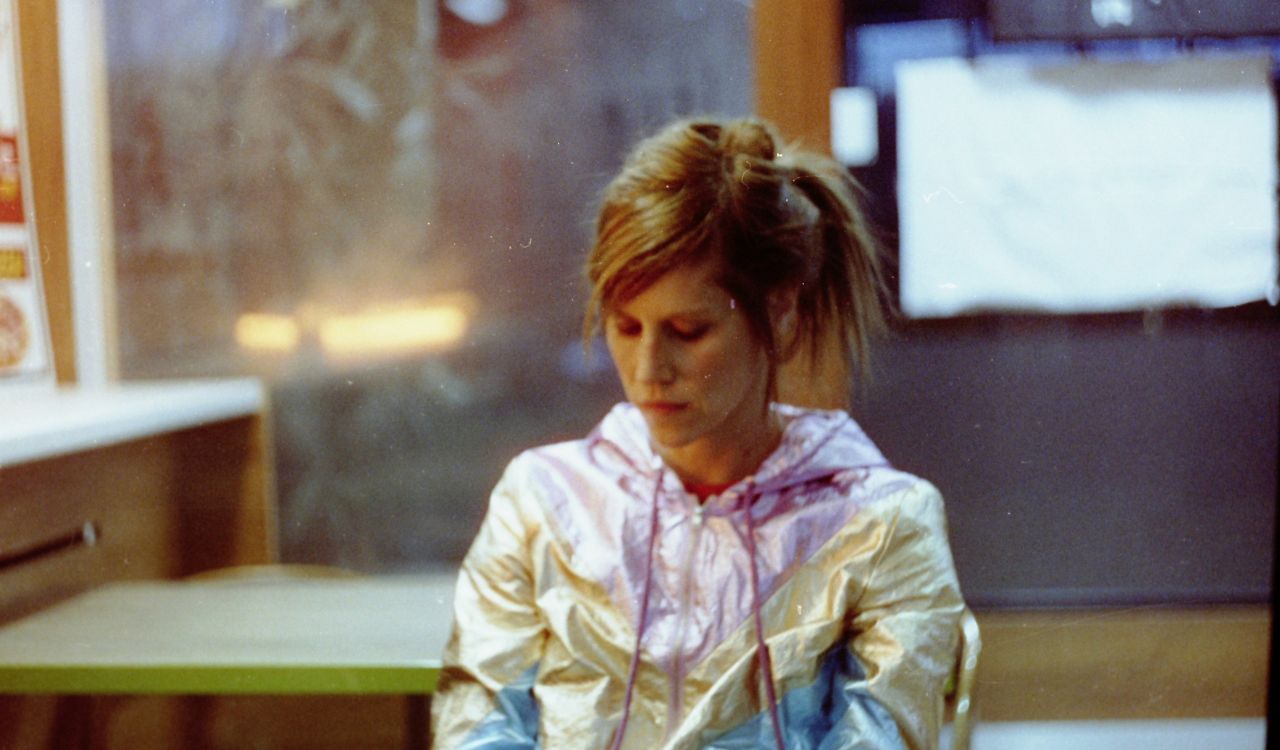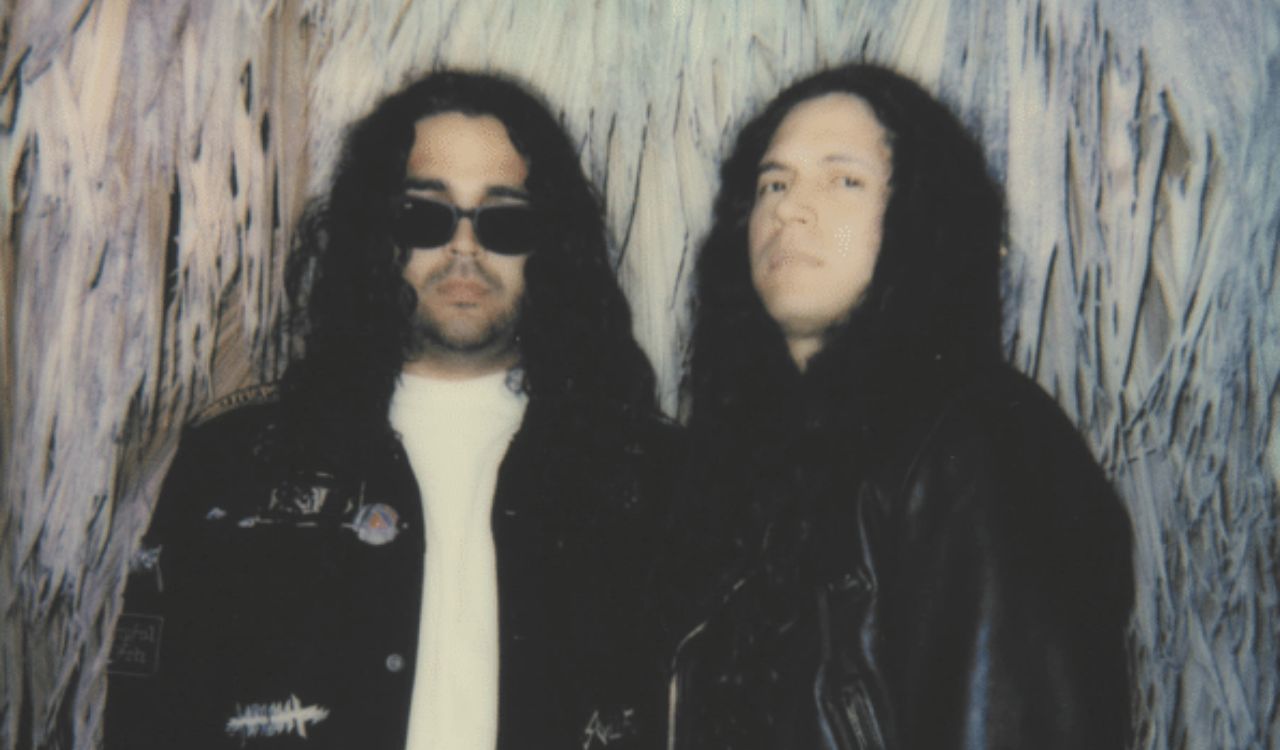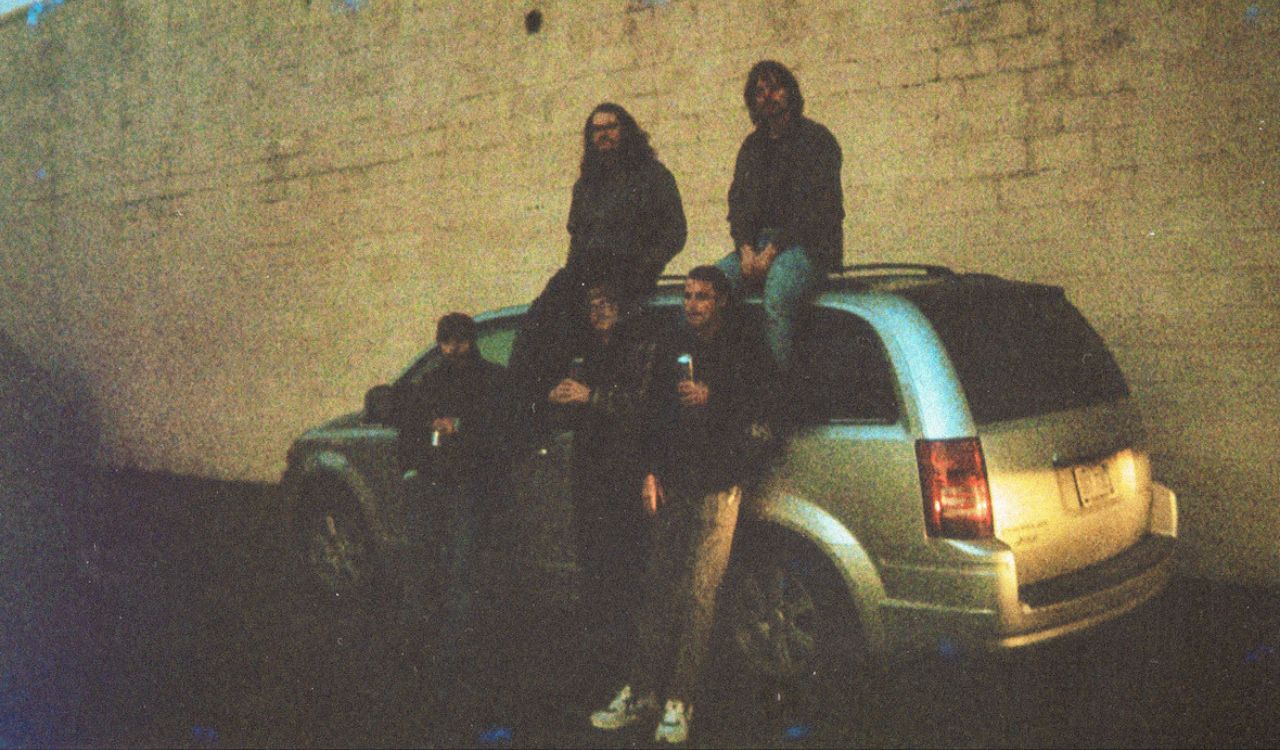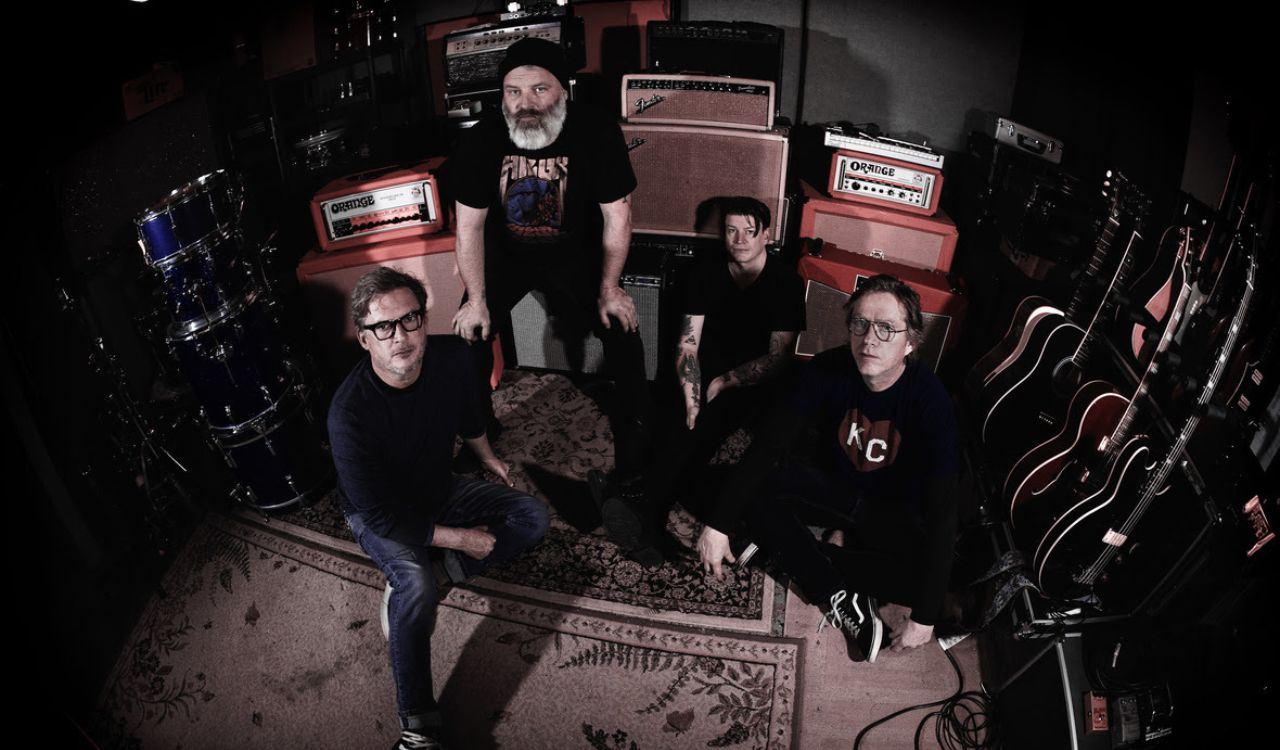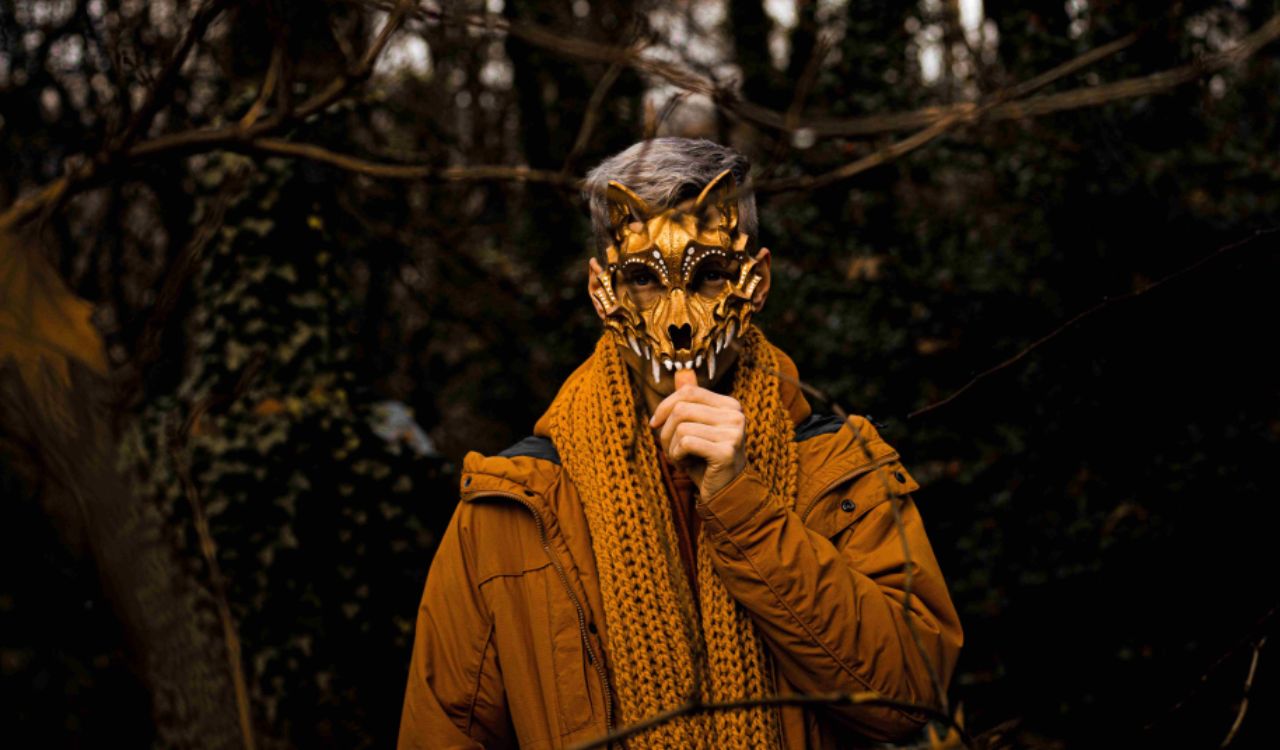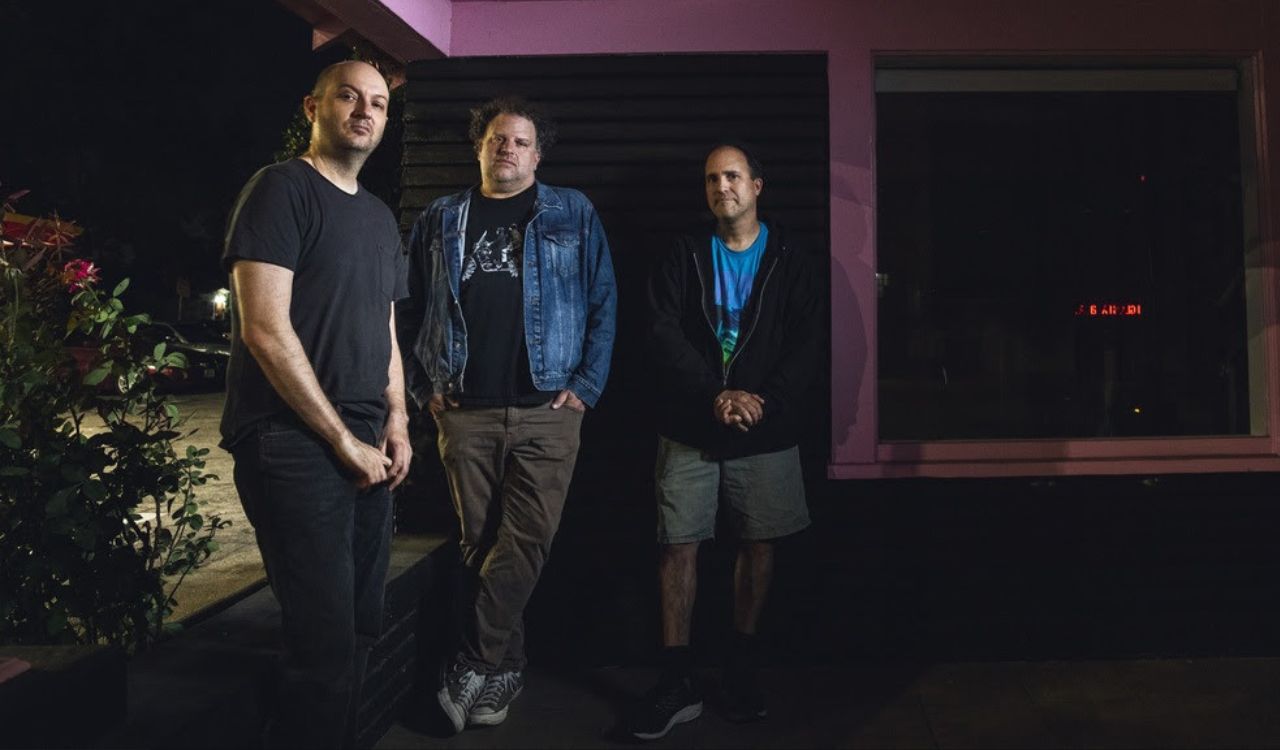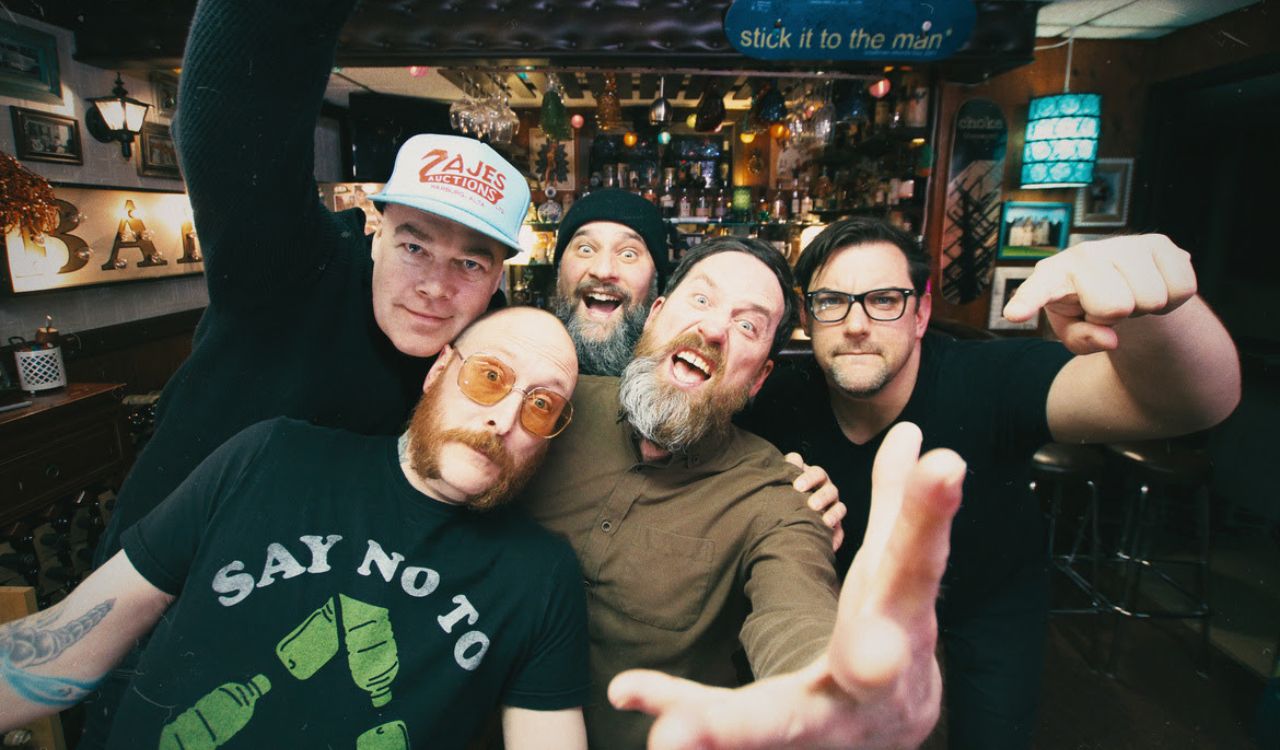What some fans don’t know and may never understand is that most music is made out of necessity—that is, if the musicians don’t write and record their songs, if they don’t perform them for the world, the feelings might erupt through much more toxic means.
Take Chase Spruiell, who writes and performs music as Big Loser. His newest EP Left on Delmar Drive, released by the Black Numbers in the spring of 2023, is an exercise in exorcism, of purging the negative to make room for the positive. “I knew I wanted to write an EP specifically about this relationship I went through,” Spruiell says.
“She was certainly not the right partner for me and, deep down, I knew that. But I was so codependent that I would rather have been with her than be alone. Because of that, it ended up being a brutal relationship, and I endured a lot of passive-aggression, gaslighting, manipulation, and verbal abuse. Obviously, I fucked up too and was definitely not perfect, but the fog really clears when a relationship ends and you’re able to see things for what they really are.”
Though only four songs long, Left on Delmar Drive runs listeners through an emotional gamut. The EP starts with “Resentment #9,” which strings a series of sobering realizations—the sort that make breakups seem inevitable—against a backdrop of gentle acoustic chords. Spruiell’s voice is unassuming here, heavy with Texas twang, as well as on “I’m Rubber, You’re Glue,” a song with grumbling guitars and humming momentum.
“It must be shit to be you,” he croons during the chorus—a dig at his ex, but also an insight from a healthier perspective. These songs are about codependency, but also about having the strength to walk away, to process the poison in a healthy way, to view the world from a new place. “It was a huge time of growth for me,” Spruiell adds, “because I was realizing what I was: a white knuckling sober dude who was still suffering from the addiction of co-dependence. In seeing that, I was able to see my ex for who she really was, too, when I wasn’t blinded by my co-dependence.”
But Left on Delmar Drive is about seeing oneself in new, healthier ways as well. When Big Loser started working their last full-length Love You, Barely Living in 2020, Spruiell had high expectations for the record. He put a lot of stress and pressure on himself to make it perfect. “I wasn’t the best person to be around,” Spruiell admits. “Left on Delmar Drive was the opposite. I just let things unfold as they should and didn’t try to control everything—try being the key word. It definitely allowed me to be more collaborative, which I fucking enjoyed so much with Scotty [Sandwich, who recorded the EP]. He was amazing to work with, and I loved pretty much all of his ideas.”
“Logistics,” the EP’s final track, puts that personal growth on full display. The song is is a pick-up packed with belongings trucking down the highway to anywhere else. As guitars grunt and drums thump, Spruiell sings, “The further I get away from you / The easier it is to have a clearer view,” like he’s shouting from the driver’s side window. But during the album’s grand finale, the song softens and slows, strips itself down to piano and a shimmering guitar. Here, Spruiell sings, “You left me on Delmar Drive with the rent not paid at all / I used to not see you, my eyes closed, I ignored it all / You keep the lies you thought up in the dark spot of your heart / I’ll keep my eyes open, now I see you, I know what you are.” These lines serve as the album’s epiphany, the realization that kicks the song into drive one more time so it can cruise into the sunset.
Ultimately, a song like “Logistics,” is as much about escaping a toxic relationship as it is breaking free a harmful state of mind. Big Loser’s songs, then, are both the means and ends of Spruiell’s growth. ”It’s hard not to parallel the band’s growth with my own growth,” he concludes, “because it’s always been my main project. But, since the end of that relationship, I have grown tremendously as a person and have transferred my mindset from wanting to kill myself when the world doesn’t unfold how I want it to accepting whatever the universe has in store for me—for better or for worse.” For Spruiell, Left of Delmar Drive was made out of necessity—to grow and heal, sure, but also survive.
-Official bio
Watch our latest “Short Cuts” video podcast to discover more new indie tracks.




